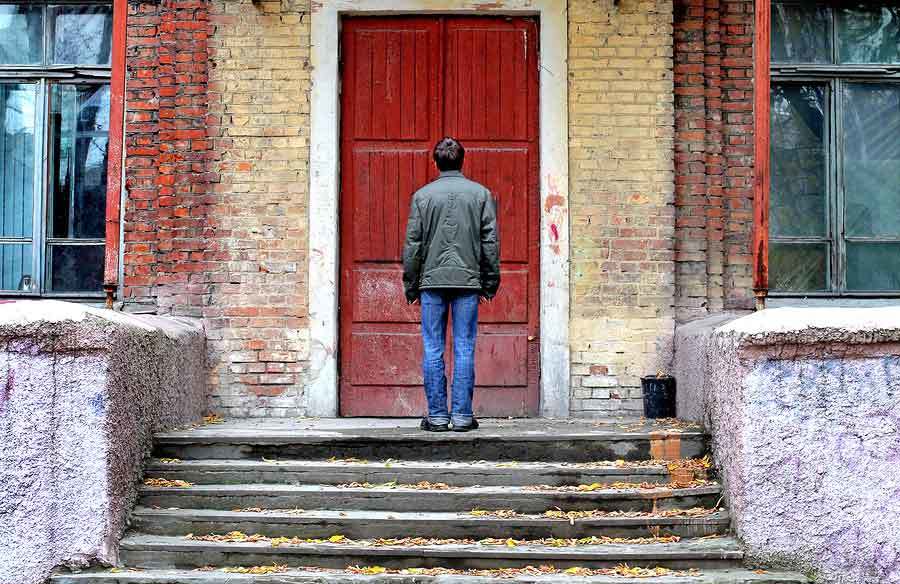
By Dr. Wayne Brouwer
November 12, 2015Eleven Signs You’re in Crisis Mode
Friends who met in biking events thought it would be great to take a summer tour on a tandem. Soon, however, their differing personalities grated. On a long, steady mountain climb they pumped without chatting, intent on finally reaching the summit.
“What a view!” exclaimed the front rider.
“What a workout!” sighed his companion. “And if I hadn’t kept the brake on, we probably would have slid right back down the slope!”
The Deceit of Doors
While the front biker was challenging open spaces, thrusting on ahead, the back peddler saw only walls and barriers, and guarded himself carefully against them.
Doors fascinate me. Are they walls or are they windows? Do they define space in terms of “in” and “out”, or are they extensions of “there” into “here”?
Our perceptions of open doors or enclosed defining walls are a critical test of how well we are functioning in our current work setting. If we see open doors, we are likely to stay and redouble our investments. If we perceive closed doors and inhibiting barriers, we are probably already in some kind of job crisis mode.
“Mirror, Mirror on the Wall…”
How do we know if we have “hit the wall”? There are usually some leading signs, if we are careful self-observers.
- Feeding frenzy. We eat more junk food. We drink more alcohol. We use pain killers more often.
- Shifting sleep. We nervously fret past our usual bedtimes, but can’t turn off the television. We wake early and exhausted. We nap at our desks. Our waking world is very tired, and our resting world is very restless.
- Short with people, long with pets. We get annoyed with those closest to us more often. We talk more with our dogs or cats or fish, telling them how much we appreciate them, and how hard things are for us, and that nobody understands but them, and how good they are as friends.
- Increased gaming. Video games, and especially achieving new levels, become more important to us. So does fantasy football and online poker, and trips to the casino.
- Altered horizons. We lose interest in next year or the next possible phase of career development in this job. We stop planning ahead. We begin to obsess about the limitations of this company, this church, this position. We see the walls, and fanaticize about the only “open door” that seems available—the escape hatch.
- Heightened sexuality. We are more titillated by those of the other gender. We start thinking about copulation throughout the day. We dabble or dig deeper into pornography.
- Building resentment. Co-workers become rivals. Rising stars are viewed as threats. We get angry more quickly, especially if anyone (and particularly our supervisor or board or elders or consistory) makes suggestions about what we should be doing, or places one more task on our shoulders.
- Recycling content. We are less creative, and we compensate by rerunning sermons or surfing the internet to “adapt” (plagiarize) other people’s work.
- Justified thievery. We inflate our working hours when reporting. We take food or books or flash drives home, thinking that we have more than earned these things. We claim sickness to opt out of commitments.
- Growing gossip. Our ears become more attuned to trash talk about others in our workplace. We pass along rumors even though we don’t know whether they are true. We meanly joke about the idiosyncrasies of others.
- Pouting prayer. We complain to God, demanding justification. We lose compassion and connectedness, and stand alone spiritually.
All of these things can be explained as part of the ebb and flow of our normal lives. But when they start compounding, it is often because we believe open doors have become walls, and destiny has crumbled into duty and covered us with depression.
Constructive Conversation
We need accountability partners to help us see more clearly and also to nudge us along when we enjoy too much the holes we are digging for ourselves. We enjoy complaining, especially to others who are also becoming dysfunctional, but that doesn’t help.
Instead, we need critical assessment and support, along with realistic steps back toward health, from truly trustworthy persons. Maybe it’s a long-time friend who knows us almost as well as we know ourselves. Maybe it’s a counseling professional. Maybe it’s an older pastor or priest.
How do the doors look in your life? Are they still opening to further opportunities? Or are they sliding closed, and disappearing into the shrinking walls of your world?









